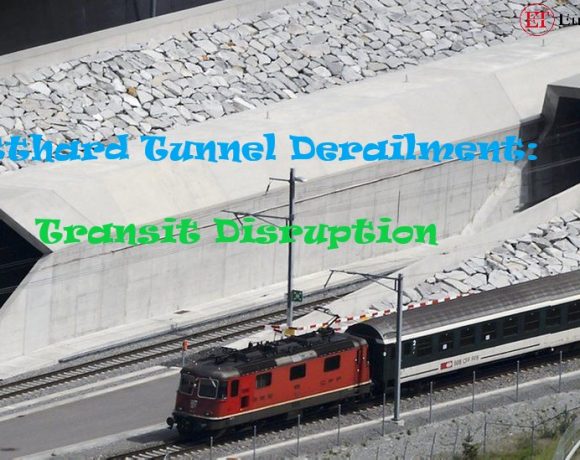
French rail company SNCF has reported that at least 250,000 passengers will be affected by what Prime Minister Gabriel Attal has called “acts of sabotage.” These disruptions were caused by a series of fires early Friday morning, just hours before the opening ceremony of the Paris Olympics.
Several high-speed TGV lines heading west, north, and east of Paris have been impacted, and Eurostar has warned customers of potential delays and cancellations. No group has claimed responsibility for the attacks, and Mr. Attal stated that security forces are actively searching for the perpetrators, while the public prosecutor’s office is conducting an investigation.
According to Mr. Attal, these “prepared and coordinated” acts of sabotage targeted SNCF installations. The company described the fires as a “massive attack” involving “malicious acts,” and workers are currently repairing the damaged cables manually. SNCF anticipates that up to 800,000 people could be affected over the weekend due to the disruptions.
SNCF’s head, Christophe Fanichet, assured that efforts are being made to minimize disruptions and that affected travelers would be reimbursed. He advised people not to go to the stations unless they have been informed that their trains are operational. Transport Minister Patrice Vergriete indicated that all evidence points to these being arson attacks, noting that they occurred simultaneously, and vans were found at the scene from which individuals had fled. Flammable materials were also discovered.
Three major TGV routes connecting Paris with cities like Lille, Bordeaux, and Strasbourg were targeted, while authorities prevented a fourth attack on the Paris-Marseille line. Sports Minister Amélie Oudéa-Castéra condemned the attacks as “downright appalling” and highlighted the potential impact on the public and Olympic athletes.
Paris 2024, the organizing committee for the Olympic Games, is currently assessing the situation and collaborating with SNCF. The rail company has reported severe disruptions, with Eurostar and other high-speed services being diverted, causing ripple effects on other routes. Eurostar announced it would be cancelling one in four of its services on Friday, with similar disruptions expected over the weekend and potentially lasting until Monday morning.
Megan Murphy, a passenger traveling from London, reported her Eurostar train was delayed by 90 minutes and made a brief stop in Lille to switch tracks. Germany’s Deutsche Bahn has also warned of disruptions to its long-distance rail network and advised passengers to check their travel plans.
SNCF is already on site to investigate the damage and begin repairs, though they caution that the situation could extend throughout the weekend and beyond. Mr. Farrandou lamented that this disruption ruins what should have been a festive holiday period and a celebratory day for the Olympics.
This incident occurs amid a heightened security operation in Paris, involving tens of thousands of troops and police aimed at protecting the global sporting event. French authorities have vowed to locate and punish those responsible for these “criminal acts.” A security source suggested that the sabotage might be linked to extreme left groups, although no direct Russian connection has been established. Earlier this week, a Russian man was arrested on suspicion of being involved in a destabilization plot against the Games, but France has not connected him to the rail sabotage. Despite Russia’s ban from the Olympics, some of its athletes are still competing as neutrals.
Picture Courtesy: Google/images are subject to copyright

